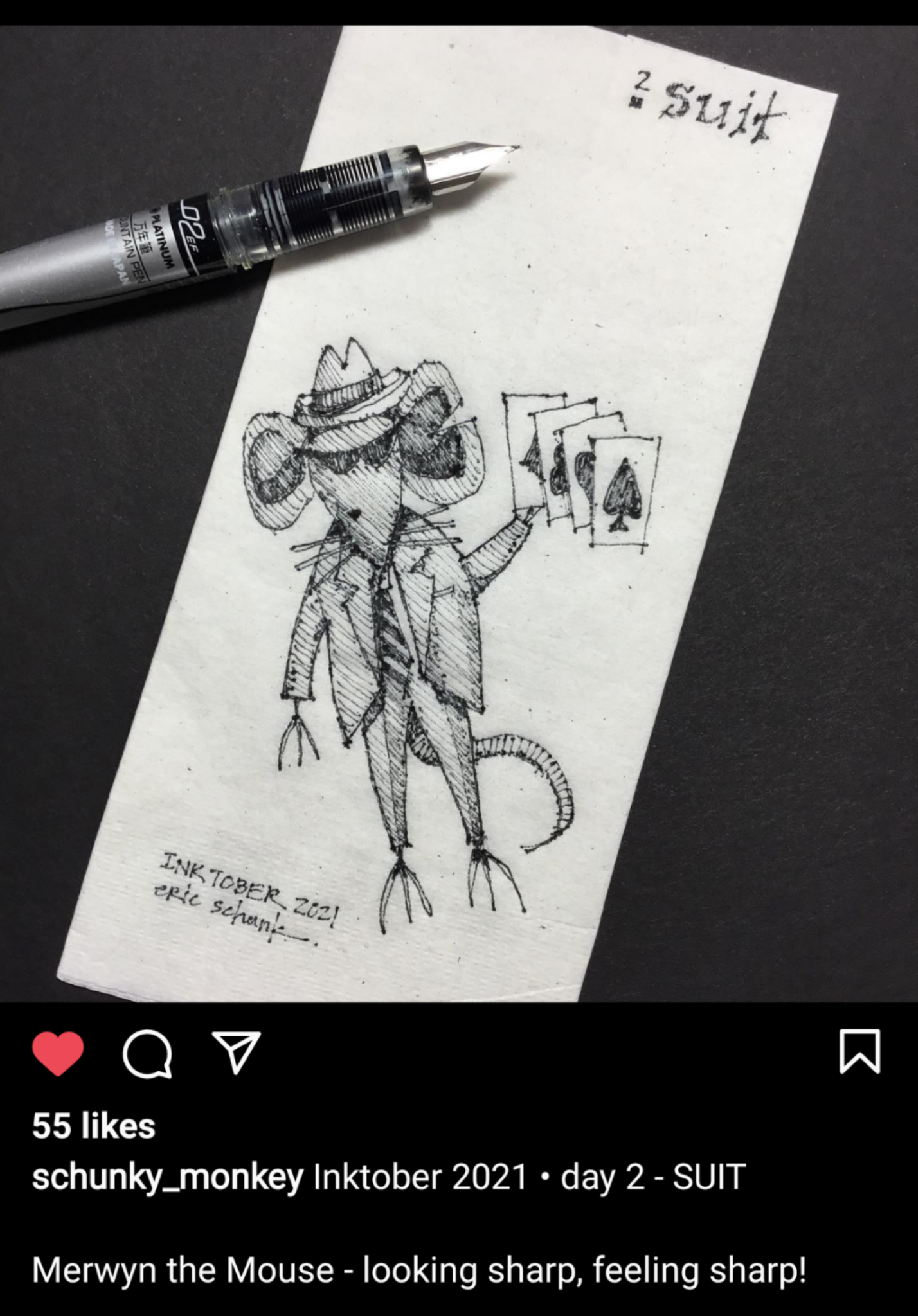There was a time when a phone was just a phone. You used it to call people. Yes, you could get the time of day (POPCORN anyone?) Or maybe dial-a-joke lines. But for the most part, you called a number and spoke with or listed to someone on the other end. A watch was a similar item. It told you the time of day, give or take a few minutes. (A man with one watch knows what time it is. A man with two of them never knows what time it is. Or something like that.)
Life was filled with single-purpose devices. Oh sure, butter knives were used as screwdrivers, a pencil could be used as a lubricant, pliers could be used for what a wrench was better suited for it but still, if you had it at hand you, well most of us, used it.
Now we don’t know what the real reason is for so many things. Is that a phone in your pocket or do you use it for news? That watch is no longer just a watch anymore.
Time for a digression. Back in 1976 or 1977 I received a watch for Christmas. Not some Timex thing to wrap on my wrist. No, it was a throwback to earlier days, when t ey were introduced as the pocket watch used by railroad men when timeliness was very important. I had wanted a plain silver watch. Instead, it was gold-colored and with an elk sculpted on the cover. It came with a gold-colored chain that I used to keep it secure. That watch lasted until a bar in the set we were dismantling a set and got in between me and as the bar was added to the pile it pulled on the chain pulled the watch out of my pocket and it tumbled to the floor hitting it hard. It stopped working. I decided that there was always a clock around somewhere or that time did not matter a whole lot. I did without watches up until this fall. (Remind me to tell you about getting a tattoo for a watch. I will do that sometime.)
Yes, so this “watch” does for me what it did for my friend Scott. It watches my pulse and records it. His told him that his pulse was dangerously high. Mine continues to tell me that my pulse is in the good range. It also reminds me to get up when I am being sedentry, and how far and how fast I have gone on walks. It can track bicycling and swimming and (surprised aren’t you?) running and treadmill and a bunch of other things I have not looked into. It also tracks my stress levels (normally very low, not tonight, breath deeply Michael)
Gah, What have things come to? I am happy to have a typewriter. You use it to type. That is all well except for keeping me calm. No worries about what I am to do with it. Insert paper and go.
-~ MichaelRpdx :: rkmm
